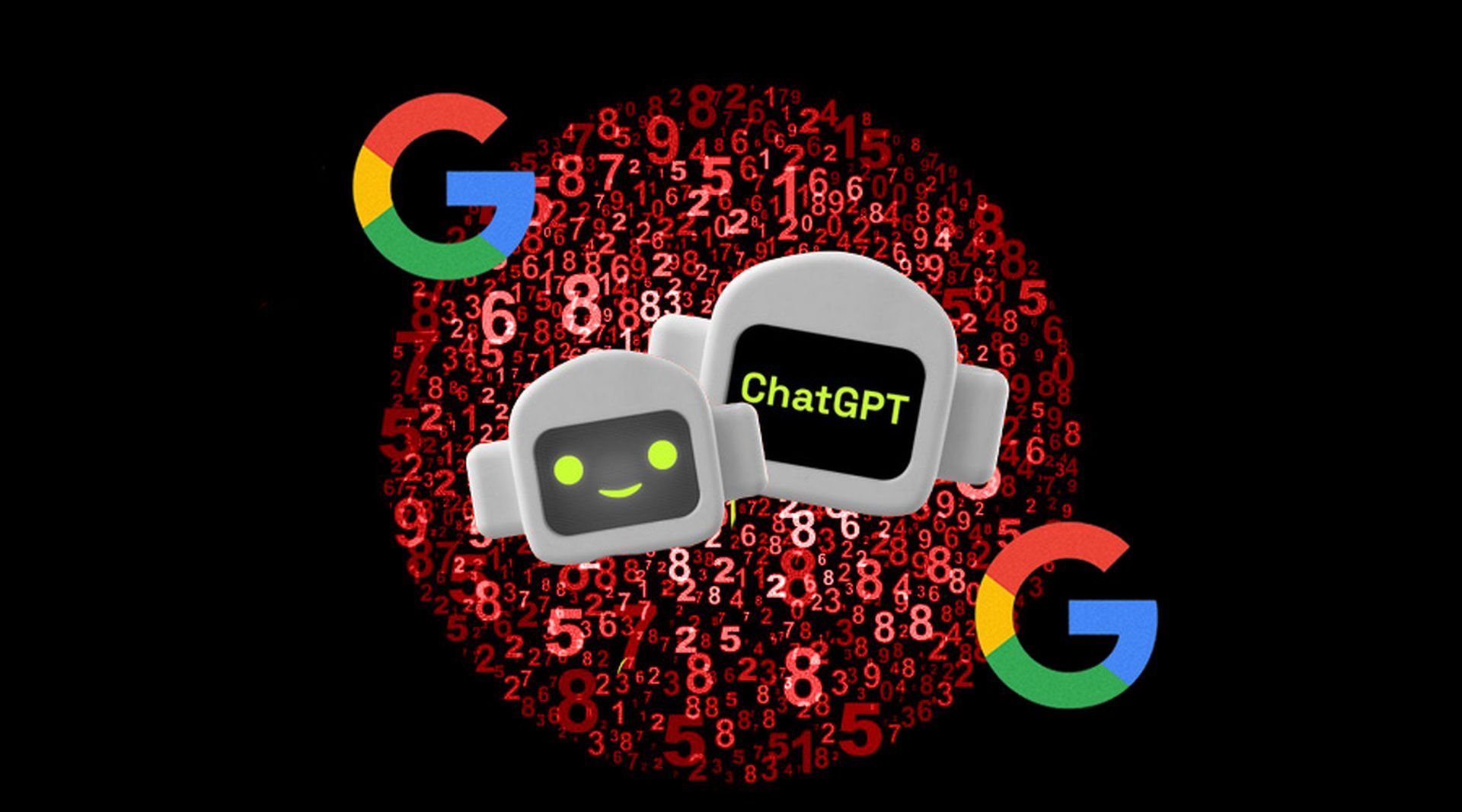An official Google code red alert has been issued, and the tech giant has good reason to be concerned. You are aware of ChatGPT’s growing popularity and its potential. But did you know that You.com, a search engine powered by artificial intelligence, already exists? Is it possible for them to dethrone Google?
Recent AI advances have impacted everything from routine jobs to how we do online “searches.”
Google code red: The reasons
As a result of OpenAI’s long-awaited release of their conversational AI chatbot, ChatGPT, Google’s upper management has issued a “code red” warning concerning the future of Google’s search engine. The emergence of You.com and ChatGPT itself appears to have kept Google personnel awake at night for some time.
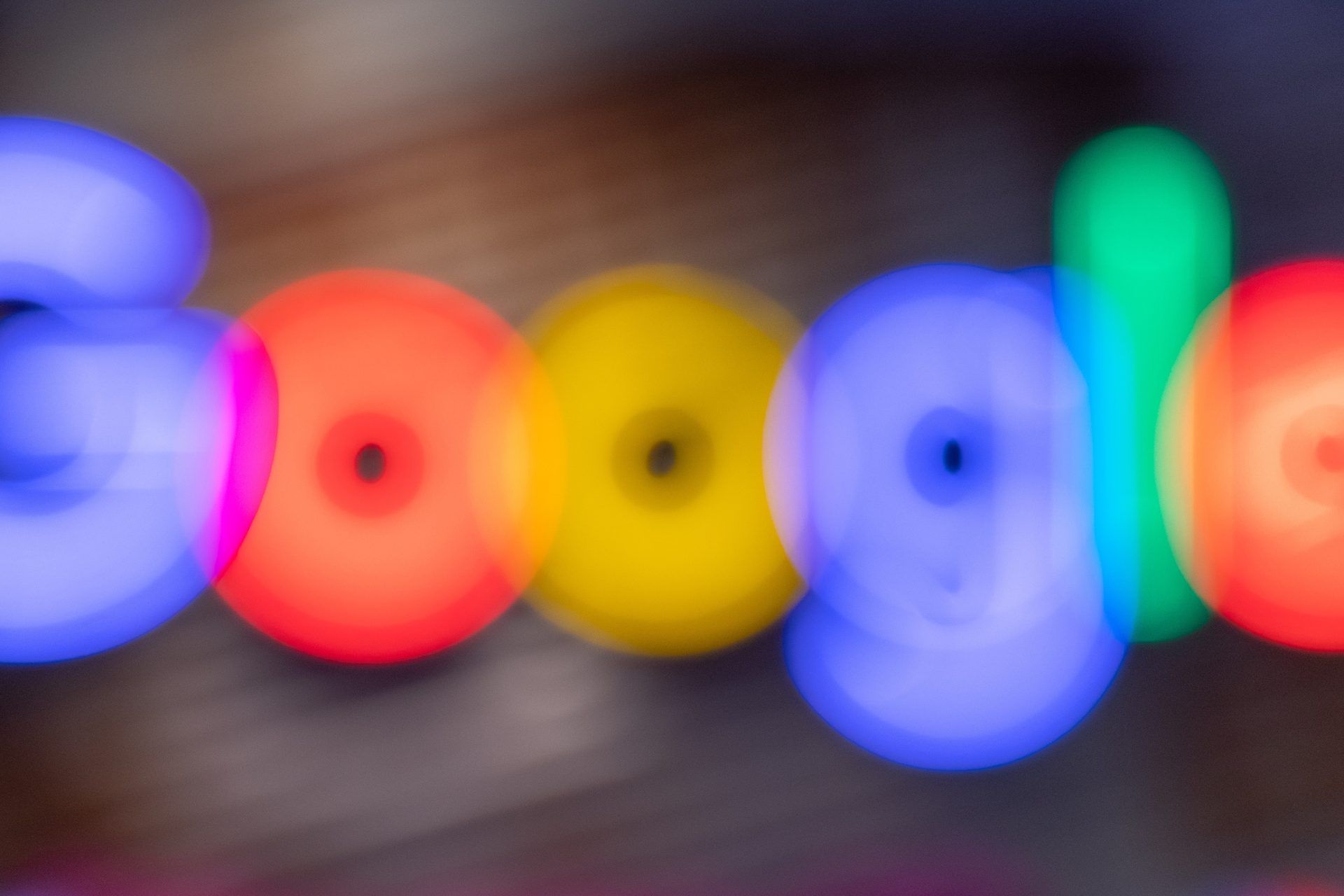
The CEO of Google and Alphabet, Sundar Pichai, has been holding talks about Google’s artificial intelligence (AI) strategy and has ordered several divisions to focus on fighting ChatGPT and other AI-powered applications that threaten Google’s search-engine business.
To help develop and launch new artificial intelligence (AI) prototypes and products, Google has redirected the efforts of many of its departments, including research, trust, and safety. According to the Times, some employees have been tasked with creating AI products that can generate artwork and photographs in the style of OpenAI’s DALL-E.
The future of Google’s search engine and, by extension, its ad-revenue business model has been the subject of heated debate among industry experts and Google employees alike. Sam Altman, a former president of Y Combinator, heads ChatGPT. Still, ChatGPT isn’t the only threat that Google faces.
That raises the question: who exactly are the dangers? You.com is an AI-powered search engine that simulates Google’s interface and features, and ChatGPT is a major suspect. The future holds no guarantees, but as of right now, things stand as follows…
ChatGPT: The AI chatbot that you already fall in love
Despite room for improvement, Google’s upper management issued a “code red” following ChatGPT’s release. Since its inception in November, ChatGPT has attracted over a million users in only five days thanks to its capacity to deliver personalized responses to questions in a natural, conversational tone by drawing on information from hundreds of millions of websites. Users have asked the chatbot to do everything from write essays to assist with coding to even providing counseling.

ChatGPT, an experimental chatbot, has argued that it will be the next big thing in the IT sector. It can convey information in simple, understandable words rather than just providing a list of links. It can simplify difficult concepts for the layperson. It can generate original ideas, such as innovative ways to do business, novel gift suggestions, blog post ideas, and creative vacation ideas.
Is there nothing wrong with it? People are quick to point out the bot’s many flaws. The rumor detection capabilities of ChatGPT are nonexistent. The tendency of the system to make up replies has been called “hallucinations” by researchers in the field of artificial intelligence. The chatbot can potentially give racist or sexist responses.
Most internet users have relied on Google Search as their primary browser for nearly two decades. However, ChatGPT is a potential first serious rival. One Google executive described the current period as “make or break” for the company’s future. So, what about now?
ChatGPT Professional vs free: Is ChatGPT paid version worth it?
Google vs ChatGPT
How about we ask them a quick question? What is AI?
We got the expected results from Google, including a brief summary, translations, external links, and Wikipedia, when we typed in our question.
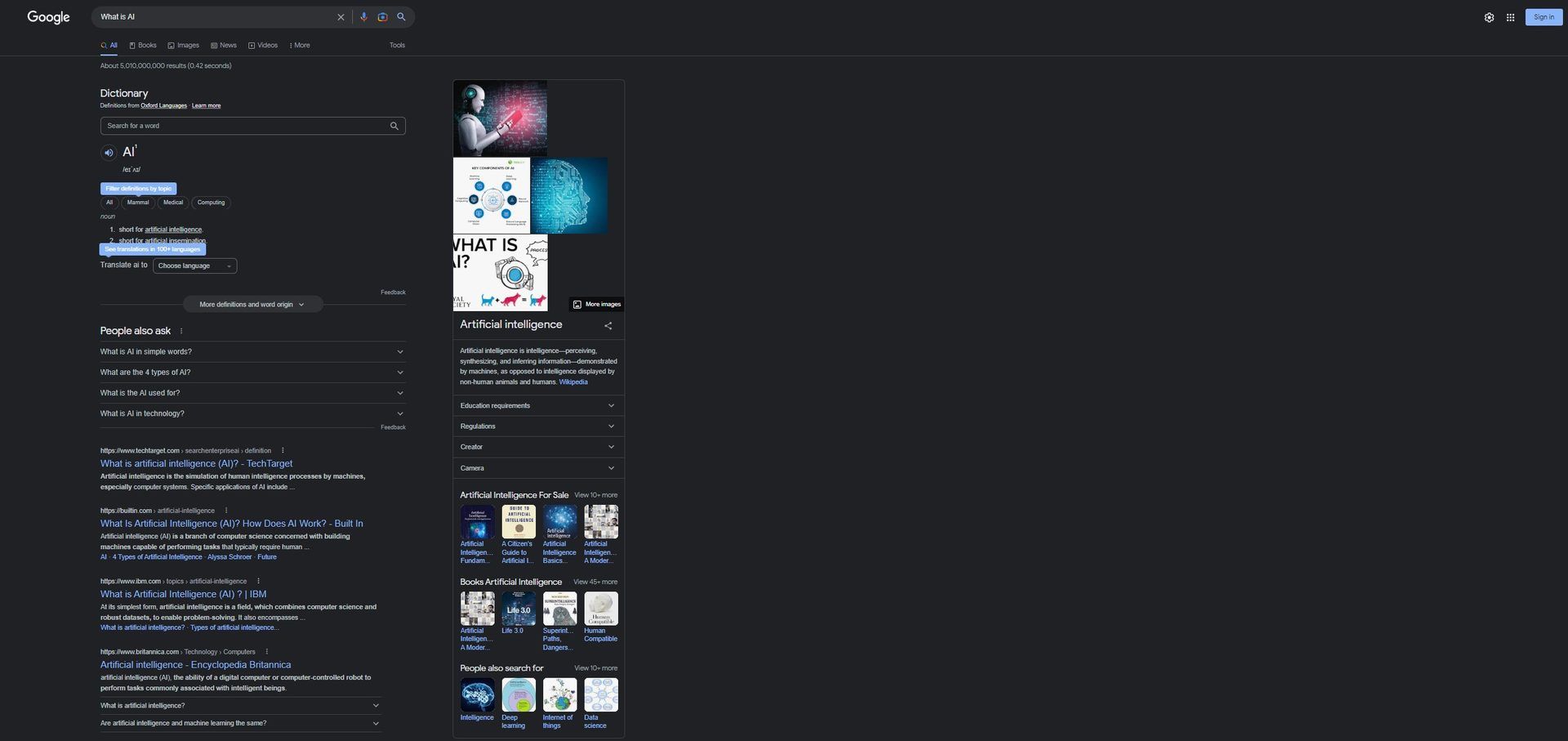
ChatGPT provides an explanation when we ask the same question and allows us to continue the conversation.
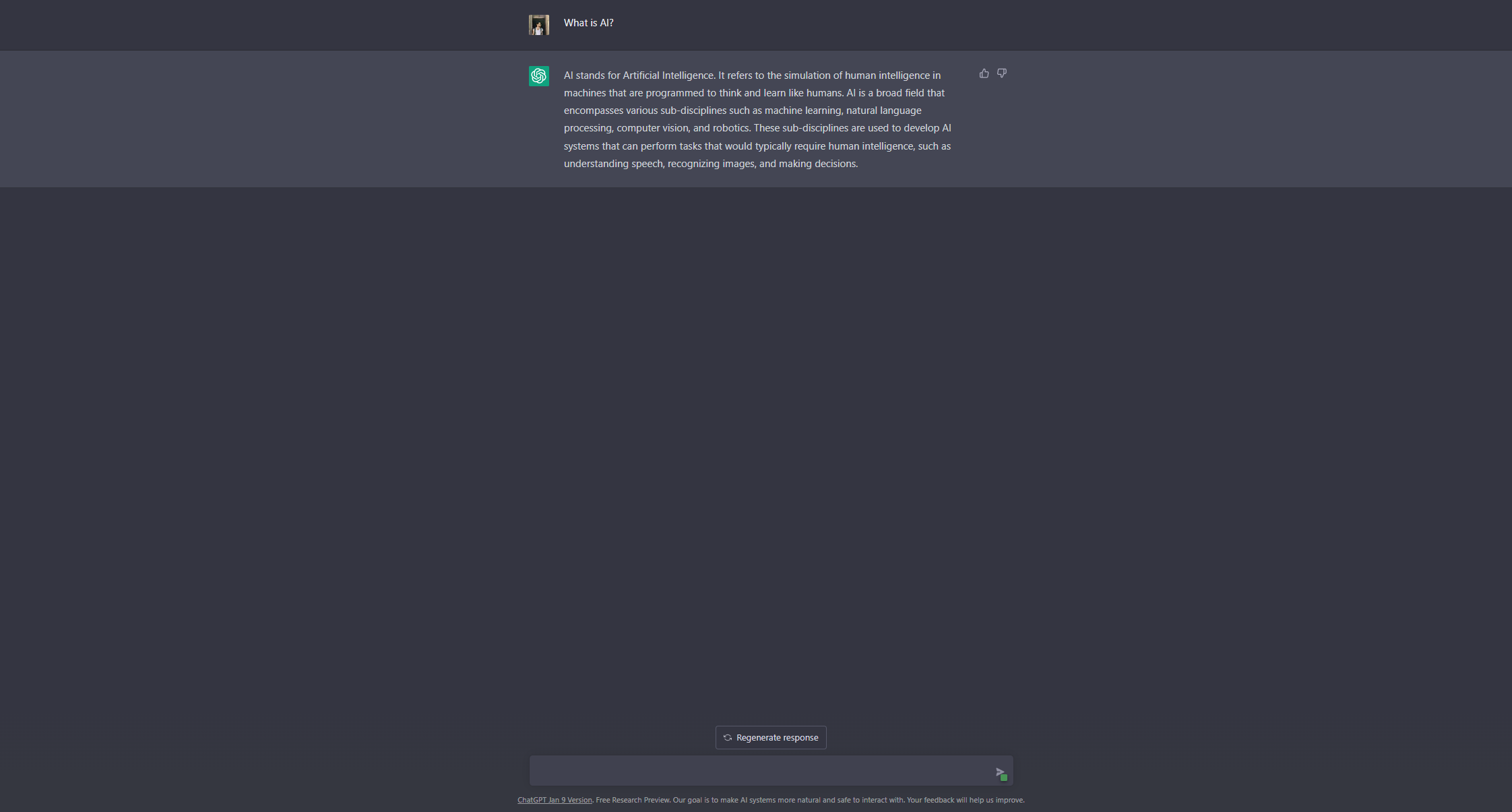
Which one works better depends on your needs. clicking on each link, consulting just “reliable” sources, or relying on the one-of-a-kind solution generated by AI? For the time being, this appears to be the primary distinction between the Google and ChatGPT user experiences. Moving on to the next potential threat, we would like to remind you that you can alter your prompt to elicit a more in-depth and particular response from ChatGPT.
Check out how to use ChatGPT effectively
Can AI-powered search engine You.com challenge Google?
There is a growing tendency in technology to teach artificial intelligence to create creative pieces of art, music, literature, and even computer code; this is seen in the popularity of chatbots like ChatGPT and You.com.
Do you adore AI but dislike the typical export formats it uses? You.com has integrated AI into the process so that you can continue to access the website’s links. You.com, a search engine launched last year with the promise of increased personalization, has begun offering a chatbot on its website in the style of ChatGPT that can answer questions and carry on conversations, thus increasing the number of AI-powered resources available online. Nonetheless, it proposes a few answers predicated on erroneous data.
You.com and ChatGPT offer intriguing peek into the future of AI, although currently only in that capacity. What does the development of these AI technologies entail for Google, though? Because of this, Google has been on high alert for some time and has probably asked itself the same question.
So, what precisely is the state of affairs right now? Use the same inquiry to make a comparison.
Google vs You.com vs ChatGPT
You already know the answers to the “What is AI?” question provided by Google and ChatGPT. You.com gives its users the option of using either format.
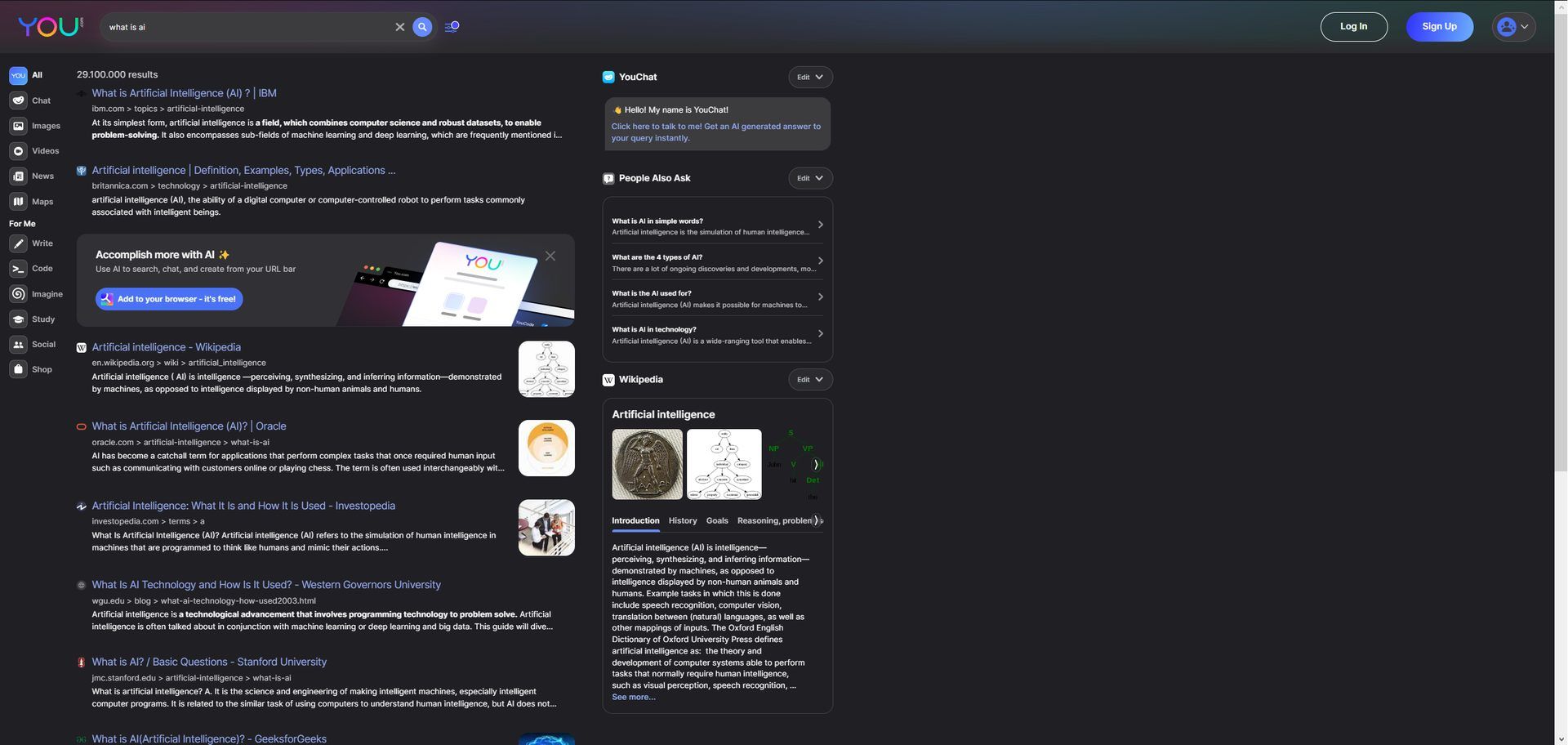
You.com’s primary search page has all of Google’s features, as you can see up top. Does the chatbot on You.com live up to your expectations?
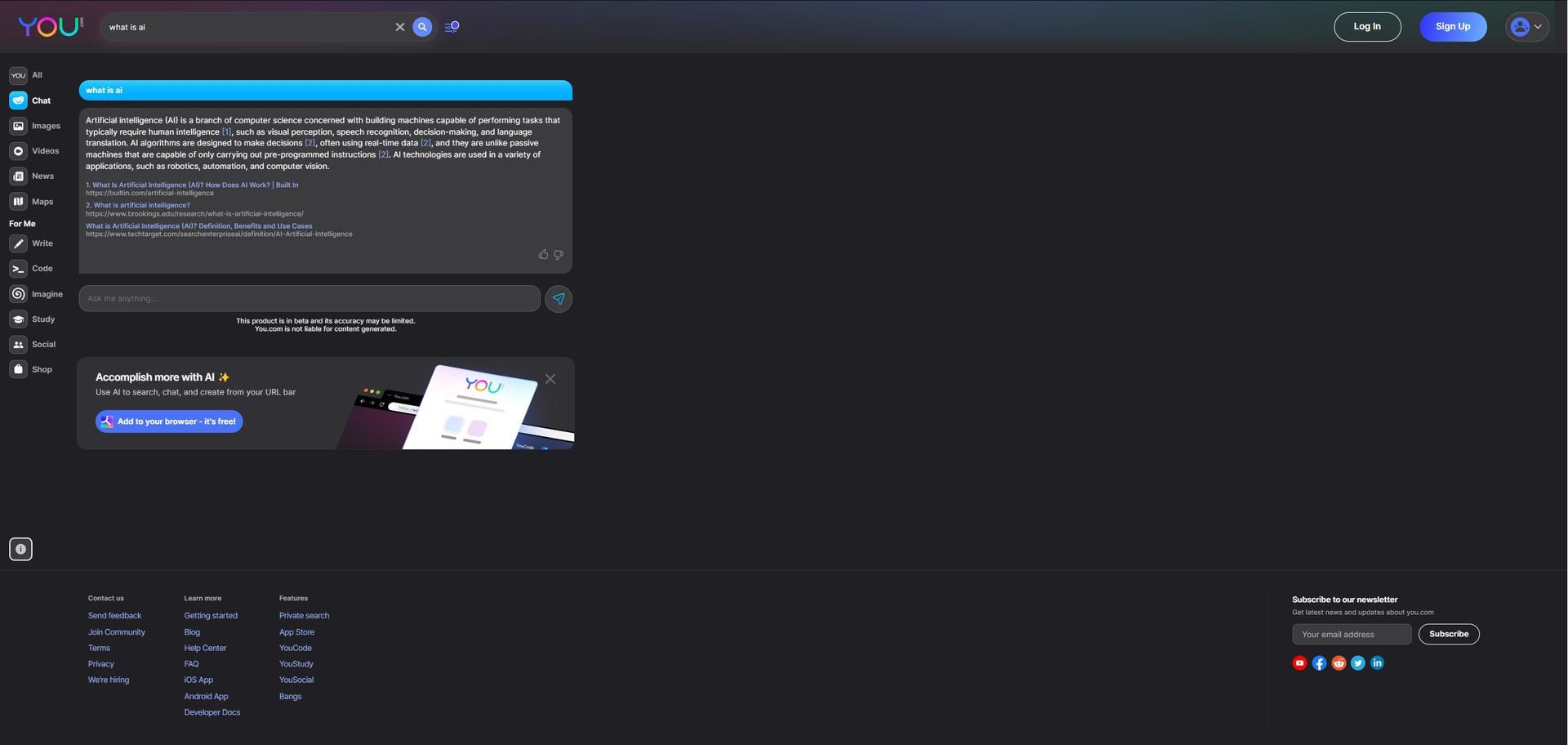
Different from ChatGPT, we find that citations are frequently used in You.com’s discussion. For many customers, this could provide more satisfying results.

